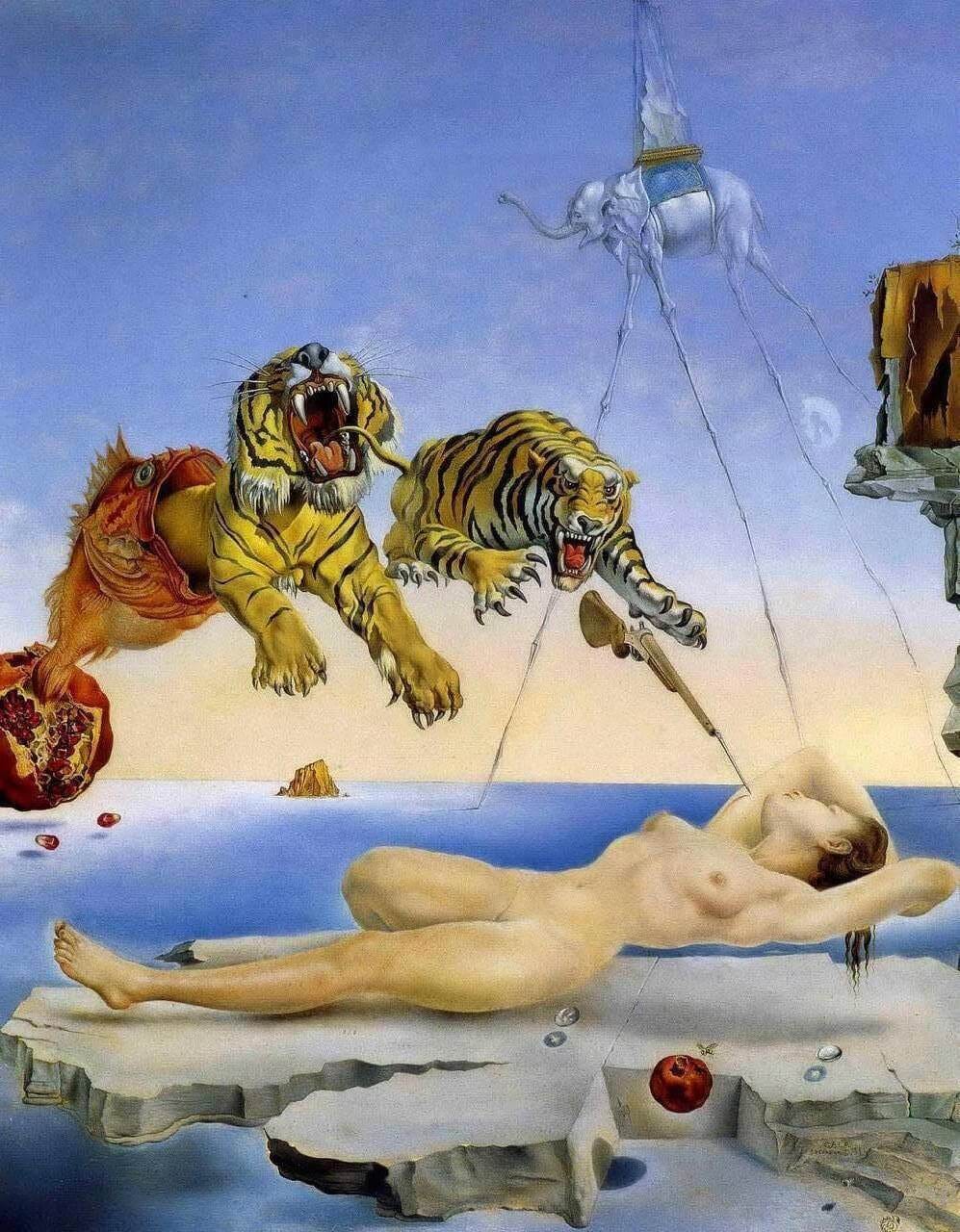The Year I Stopped Taking Personal Development Vitamins
Life, writing, my favorite Substacks, and more

Each time this year, I take stock of my wisdom and foolishness, hoping to understand what type of life I am living. Yet the truth is that the motivation to do such an exercise eluded me this holiday season. Today I find myself a bit wary of turning s…
Keep reading with a 7-day free trial
Subscribe to Deep Fix to keep reading this post and get 7 days of free access to the full post archives.



